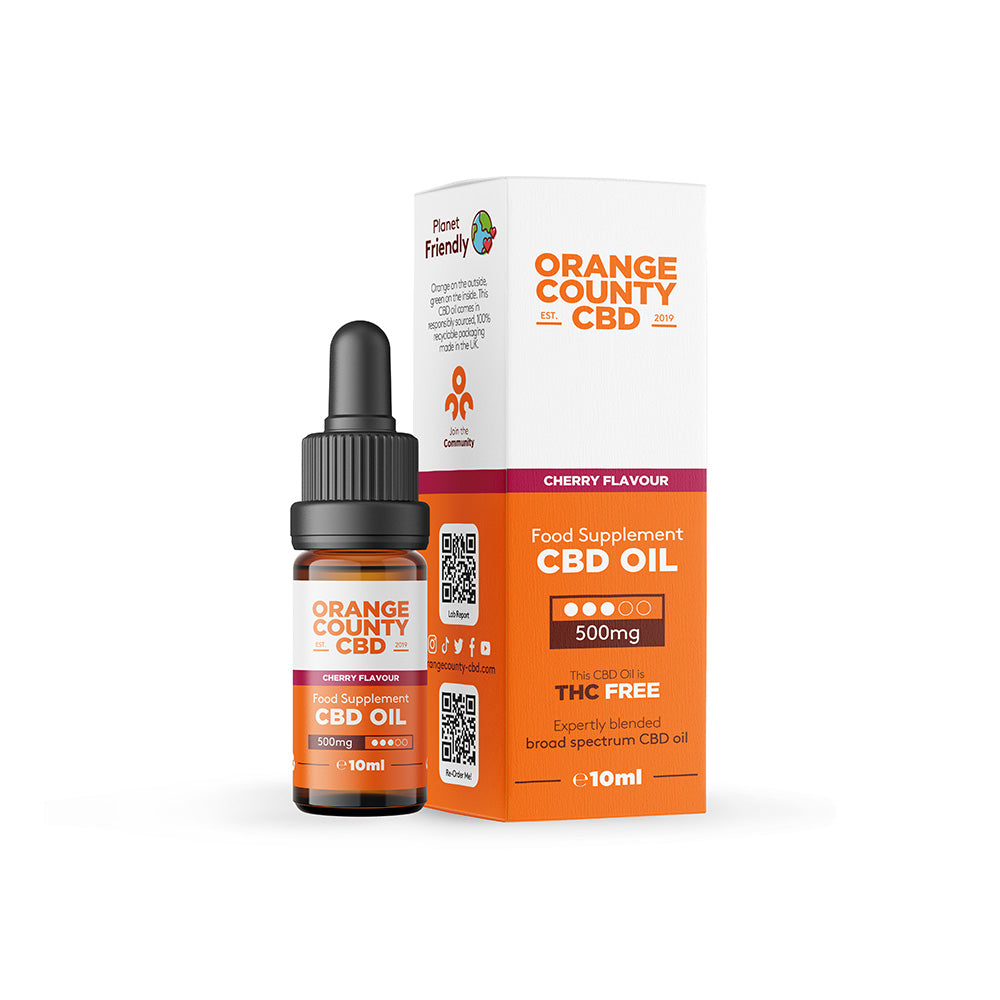Is It Safe to Use CBD Oil During Pregnancy?


As CBD products become increasingly mainstream, many people are asking whether CBD oil is safe to use while pregnant. CBD is often praised for its calming and pain-relieving effects, which may seem appealing during pregnancy. However, the current medical consensus urges caution. In this article, we explore what the latest science and regulatory guidance say about CBD use during pregnancy or while trying to conceive.
Table of Contents:[hide]
What Is CBD?
CBD, short for cannabidiol, is a naturally occurring compound found in hemp and cannabis plants. Unlike THC, it does not cause a psychoactive "high." Instead, CBD interacts with the body's endocannabinoid system, which plays a role in regulating mood, pain response, sleep, and immune function. It’s commonly available in the form of oils, capsules, gummies, creams, and balms.
Is CBD Safe to Use During Pregnancy?
Currently, there is no conclusive evidence that CBD is safe during pregnancy. Leading health bodies including the UK Food Standards Agency (FSA) and Food Standards Scotland recommend that CBD should be avoided during pregnancy and breastfeeding [1].
The FSA states:
"We continue to advise that CBD should not be consumed by people in vulnerable groups, including children, those taking medication, those trying to conceive, and those who are pregnant or breastfeeding." [1]
The primary concern is the lack of long-term research into how CBD might affect foetal development. Animal studies have shown potential risks to the reproductive system, and CBD has also been shown to interact with certain medications.
How CBD Might Affect the Fetus
Some animal studies suggest that high doses of CBD can impact the development of the reproductive system in male foetuses. Additionally, the FDA has stated that CBD may pose risks such as liver toxicity and potential contamination with THC or other substances.
Because CBD is fat-soluble, it may accumulate in breast milk or cross the placental barrier. However, more human data is needed to determine the extent and significance of this transfer.
Can You Use CBD While Trying to Conceive?
CBD should also be avoided by people who are trying to conceive. As per the FSA guidance, this group is considered vulnerable due to the potential unknowns about how CBD may affect reproductive health or hormonal balance.
What About CBD Gummies or Topicals During Pregnancy?
Whether it’s oils, gummies, or topicals, the method of administration doesn’t reduce the risk.
-
CBD Gummies: These still deliver CBD to your bloodstream, often in lower but more sustained doses. There is no data to support the safety of ingestible CBD products during pregnancy.
- CBD Topicals: While topicals are generally thought to have limited systemic absorption, there's still potential for transdermal absorption, and no definitive safety data exists for pregnant users.

Safe Alternatives to CBD For Pregnancy
If you're managing common pregnancy symptoms such as nausea, anxiety, or sleep difficulties, there are safer, well-researched alternatives to CBD.
Options include ginger supplements for nausea (with medical approval), magnesium for muscle cramps, and techniques like mindfulness meditation or prenatal yoga to support emotional wellbeing. Over-the-counter remedies like paracetamol may be advised for pain relief, but always under the guidance of a healthcare professional. It’s essential to consult your midwife or GP before taking any supplement, herbal remedy, or medication during pregnancy.
Why CBD Product Quality Matters
Another major concern is that many CBD products on the market are unregulated or mislabeled, meaning they may contain:
-
Higher levels of THC than advertised
-
Pesticides or heavy metals
-
Microbial contaminants
This adds a layer of unpredictability, especially for vulnerable groups. If you ever choose to use CBD products (outside of pregnancy), make sure they are third-party lab tested and traceable to a transparent supply chain.
Should You Take CBD to Help with Pregnancy Symptoms?
Some users consider CBD to manage nausea, insomnia, anxiety, or back pain during pregnancy. However, until more is known, healthcare providers and regulatory agencies strongly advise against using CBD for these purposes during pregnancy.
Instead, speak to your doctor or midwife about safer alternatives that are supported by clinical data and approved for use in pregnancy.
Taking CBD After Pregnancy
If you’re exploring CBD for general wellness after pregnancy, Orange County CBD offers a range of lab-tested, THC-free, and full-spectrum CBD products. From oils to gummies and skincare, every batch is quality-assured for safety and consistency.
Explore our bestsellers:
Enjoy natural wellness support with confidence, only when it’s right for your stage of life.
Research
[1] Study: Food Standards Agency and Food Standards Scotland update consumer advice for CBD
Sustainability

